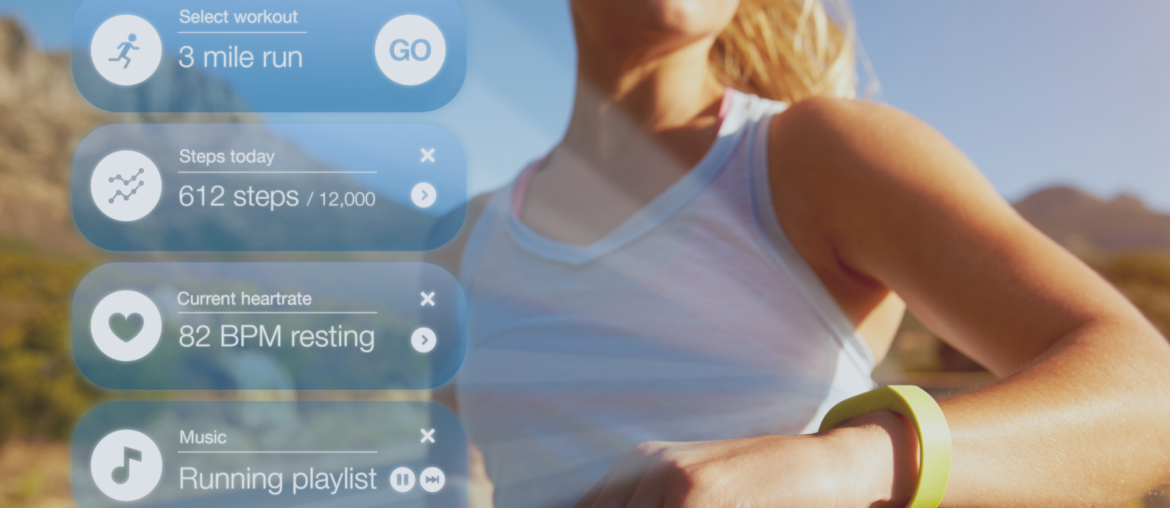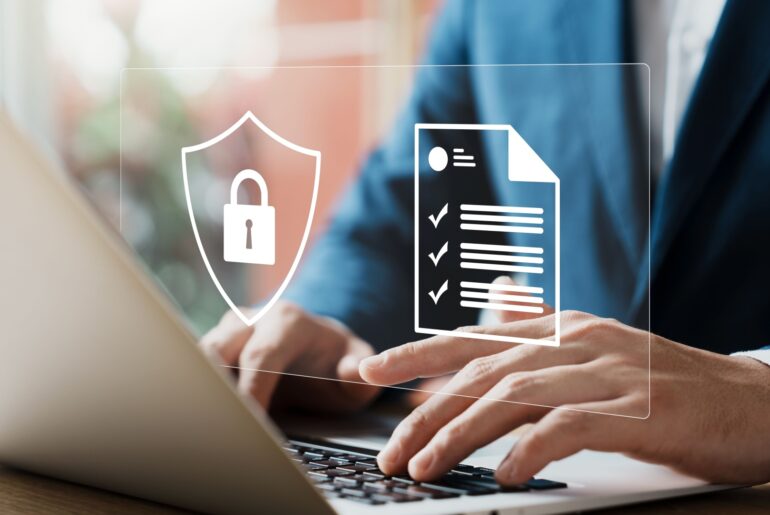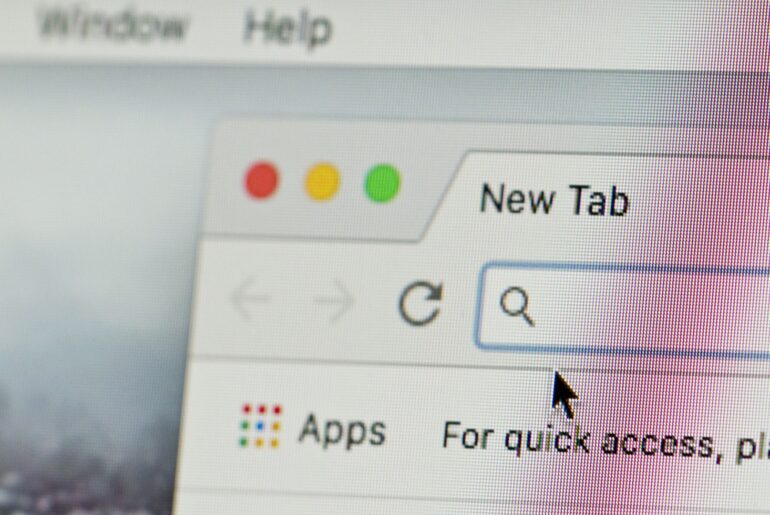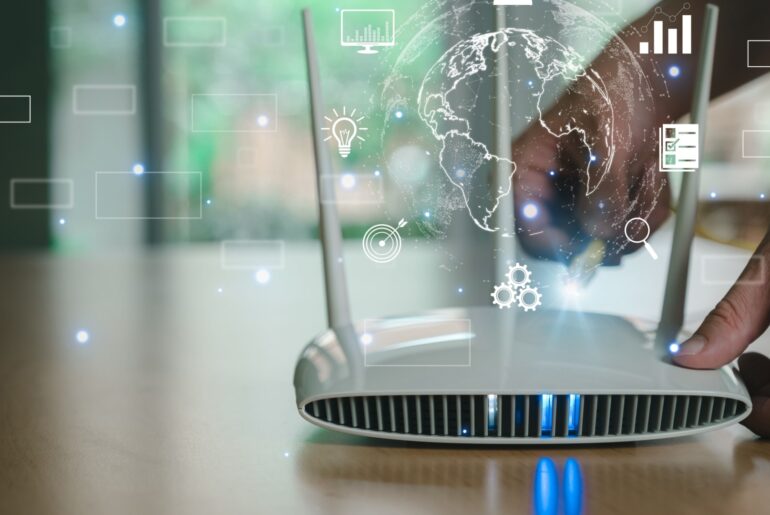Fitbit, Oura, Garmin, and Apple are some of the most popular names in fitness tracking hardware, but are they safe? The devices themselves are likely secure, of course, but what about the information that they collect? What do these companies do with your data once they collect it, and why? What are the privacy risks of a fitness tracker and can you avoid them? We’ll help you answer these questions and more below.
What are the Privacy Risks of a Fitness Tracker?
Your fitness tracker monitors your most personal health information. From your blood pressure to your sleeping schedule, fitness tracker technology can easily monitor many aspects of your private life. But can this information potentially fall into the wrong hands? First, let’s take a look at some of the information that fitness trackers record. Typically, fitness hardware tracks data such as:
- Weight
- Height
- Heart rate
- Daily steps
- Caloric intake
- Blood pressure
- Sleeping schedule
Normally, this is information you would only share with your doctor or someone you trust. Although fitness trackers can help us monitor our health easily and conveniently, they do present certain privacy risks. It’s important to track your health information, but it’s also important to make sure that the information is secure.

Can Hackers Access Your Fitness Data?
One risk that comes along with using Internet-ready devices to capture health data is hackers. Of course, hackers are always lurking around every corner of the Internet, but can they really steal your health data? The answer is, unfortunately, yes.
Most fitness bands or health trackers tend to connect via Bluetooth. In recent years, studies have shown that Bluetooth connections have security vulnerabilities that hackers can take advantage of. Cybercriminals can locate the Bluetooth signal and use it to guess your pin. Once a Bluetooth connection is the target of an attack, hackers have the ability to steal your health data. But what does that actually mean?
With access to your personal health data, cybercriminals can steal your information and sell it to the highest bidder. That’s right: hackers sell your data to other companies which use it for marketing or similar purposes. Unfortunately, they aren’t the only ones.
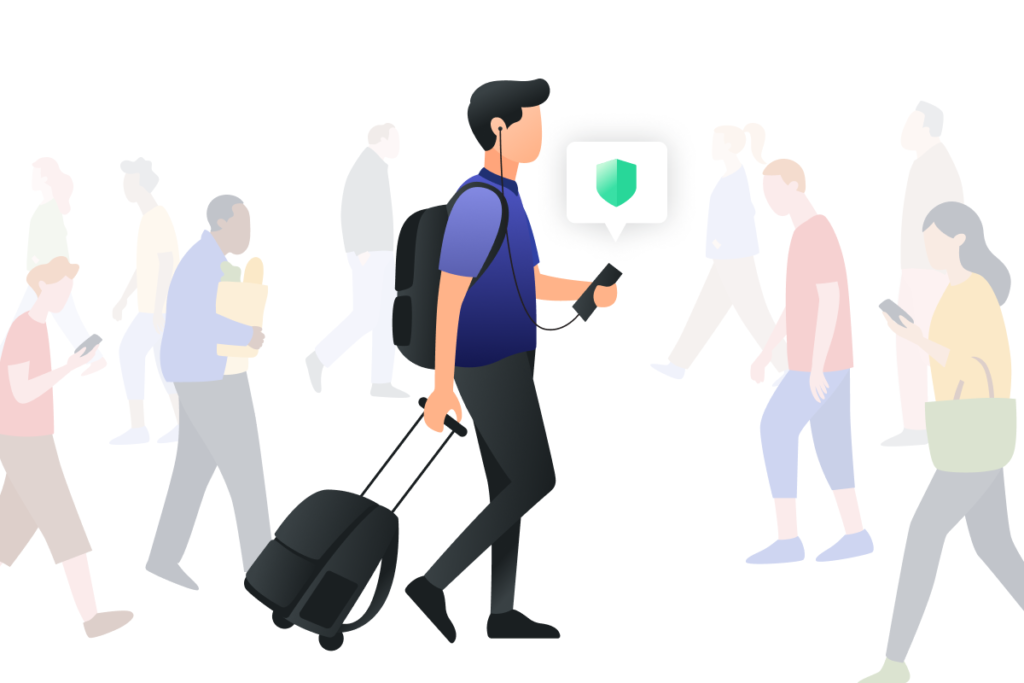
Is Your Fitness Data Secure?
In recent years, many companies have been coming under fire for reselling user data. This practice can expose your private information to millions of other users or even other companies. Unfortunately, it’s difficult to know whether your data has been part of a leak or if it has been sold off. If you suspect that your information is unsafe, it’s best to stop using your fitness tracker altogether.
Depending on the circumstance, like a legal situation, companies may need to supply your private data. For example, if you are in a workers’ compensation case, lawyers may try to subpoena your fitness tracker data. If they see that your fitness data shows that you have been running while you claim to have a broken foot, lawyers will need to use that information in court.
Ultimately, it’s difficult to know whether or not your data is ever truly safe on a fitness tracker. The best thing you can do is to ensure that your private information is secure. We’ll explore how you can protect your fitness data below.
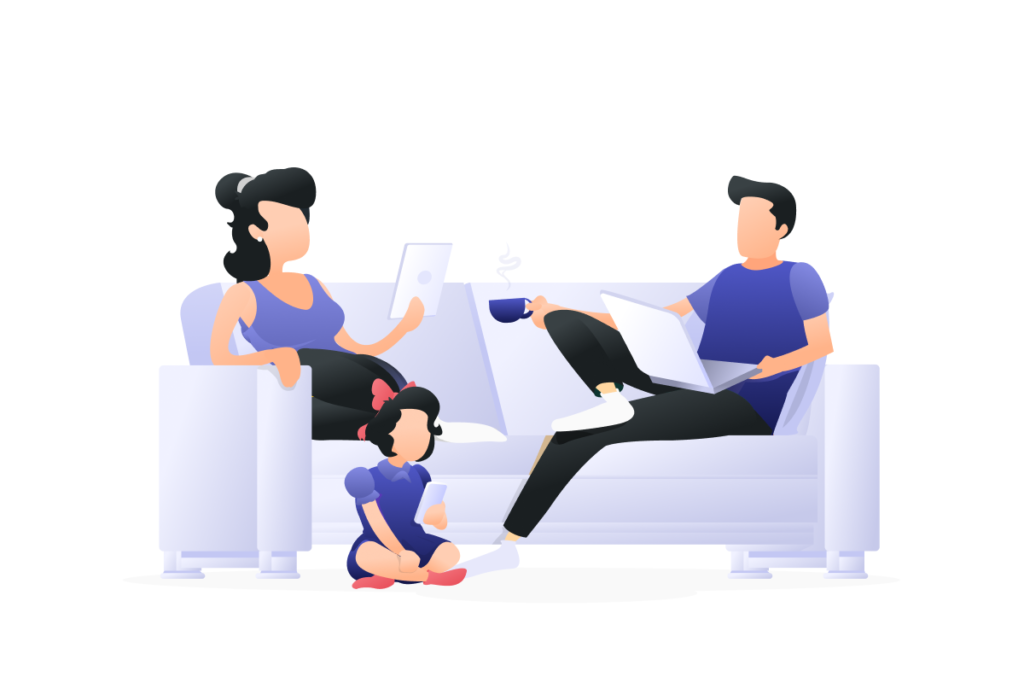
How to Keep Your Fitness Information Safe
Maintaining your privacy when it comes to your fitness data has never been more important. To some, keeping your fitness information safe can seem like a challenge. However, there are a variety of ways that you can secure your health data.
The first step is to read the privacy policy of the fitness tracker that you use. This will give you a better idea of how companies record and use your health data. You should also be sure to research the name of the fitness tracking company and whether they have had any recent data breaches or security leaks.
You can also use a VPN to keep your personal information secure. If your fitness tracker is connected to your phone, using a VPN on your mobile device can give you additional security. VPNs make it easier to mask your online activity and hide your personal information from prying eyes. Having a VPN can give you more control over your private health data on your favorite fitness tracker.
Protect Your Personal Data with PrivadoVPN
Keeping yourself safe online, especially when it comes to the security of your health information, has never been more necessary. Security threats are lurking around every corner of the Internet and using a reliable VPN is vital to keeping yourself protected. PrivadoVPN brings you a user-friendly app experience combined with powerful encryption and security features. Plus, with unlimited data and unlimited speeds, you never have to worry about going unprotected again. Sign up now to get access for just $4.99/mo!
Download PrivadoVPN
Protect your privacy with a world-class VPN. Sign up for premium access to PrivadoVPN and get unlimited monthly data, access to 300+ servers from around the world, and up to 10 simultaneous connections. Get a top-rated VPN that can secure your privacy at home, at work, or on the go.
Sign up for PrivadoVPN today!

